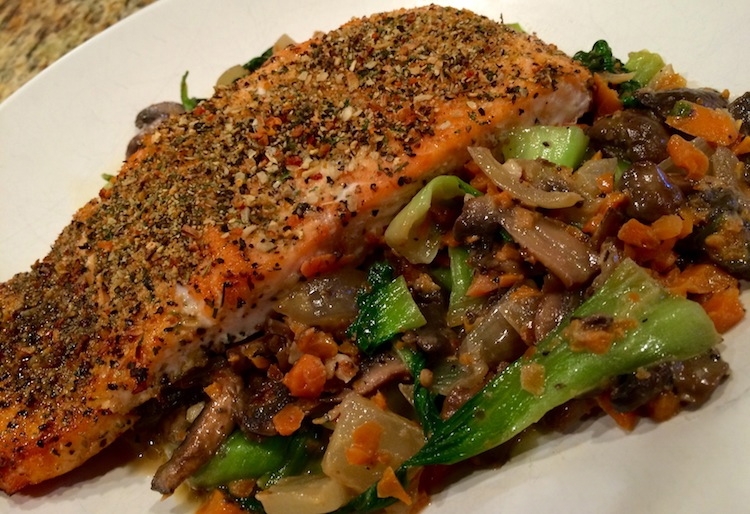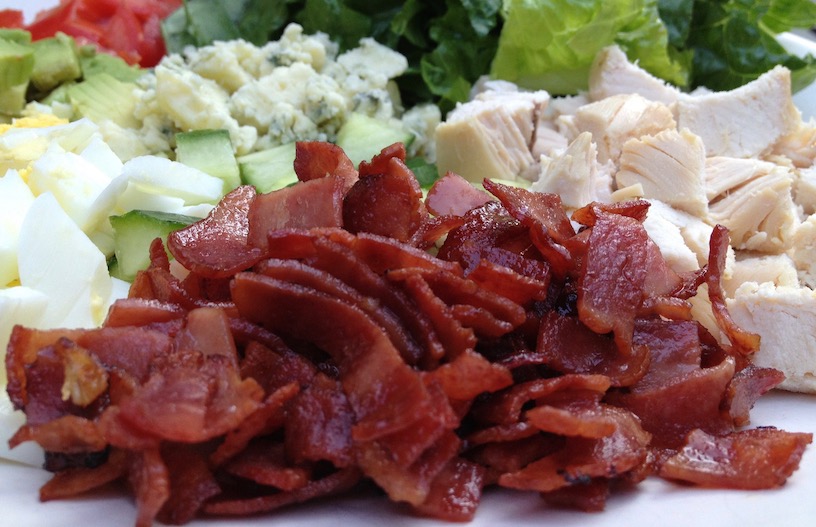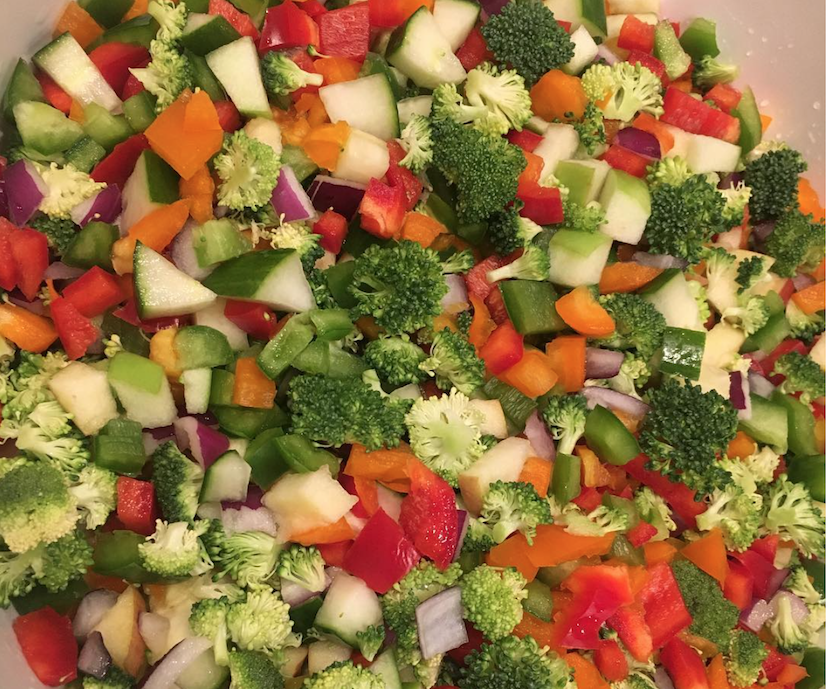Often referred to as the “King of Vegetables”, carrots are among the world’s most popular health foods. And, believe it or not, carrot juice is as beneficial as the carrots themselves. But, interestingly, carrots are frequently shunned for being high in sugar. Though I’m certainly sugar-conscious, carrots remain a key staple of my diet, as they’re packed with a cocktail of health-promoting micronutrients and disease-fighting compounds.
Funny enough, I hated carrots as a child but, years ago, I fell in love with carrot juice when I undertook a 21-day juice fast. I drank it religiously! So much so that my skin eventually turned orange, a temporary, but harmless, condition known as carotenoderma.
Related Article: Intense Exercise Training During a Juice Fast? Is This Even Possible?
While I looked like Ernie, I felt fabulous!
And to this day, I still regularly incorporate carrots and carrot juice into my diet, albeit not excessively so.
So, what makes carrots so special?
Well, for starters, carrots house exceptionally high levels of beta-carotene, a powerful phytonutrient that functions as a potent antioxidant.
Beta-carotene is known to combat excess free radical production in the body. This is common in the presence of chronic conditions like heart disease, high blood pressure, type 2 diabetes, and cancer. Due to its effects on free radicals, beta-carotene has been shown to protect against numerous forms of cancer and for this reason, carrots are the most widely used vegetable in treatment.
Related Article: What Free Radicals Really Do To Your Body
But, it doesn’t stop there!
The body also uses beta-carotene to produce vitamin A, an essential fat-soluble vitamin that supports the maintenance of healthy eyes, skin, nails, and hair. Remarkably, you can obtain over 300% of the daily recommended intake of vitamin A by eating just two small carrots or drinking 3 ounces of fresh carrot juice. Carrots also contain sizeable amounts of the antioxidant vitamin C in addition to vitamin K, biotin, and potassium.
Besides being extremely rich in nutrients, carrots are low in cost, extremely versatile, and easy to include in everyday meals and beverages. If you prefer frozen carrots, they’re equally as nutritious when it comes to most micronutrients and often house higher amounts of beta-carotene.
You can take full advantage of the health-promoting, disease-fighting benefits of carrots by consuming 1-2 daily servings in whole form (1-2 cups fresh or 1/2-1 cup previously frozen and steamed). In juice form this equates to 4-8 ounces. Carrot juice is exceptionally sweet so it can certainly stand alone, but it also pairs well with other nutrient-dense veggies and fruits like kale, broccoli, ginger, tomato, mango, and apple.
I’d shy away from commercially bottled carrot juice, as the nutrient composition is not the same as fresh. Due to the pasteurization process, it generally contains fewer micronutrients and way more preservatives. Many brands also contain added sugars, which further reduces the overall nutritional value.
Related Article: Dietary Sugar: The Good, The Bad and The Unnecessary
Even if you opt for fresh carrot juice, I don’t recommend consuming more than 12 ounces a day since it’s more of a concentrated source of natural sugar when compared to whole carrots.
At the end of the day, carrots are certainly deserving of the title of “King of Vegetables”. But, too much of anything can turn it from a good thing into a bad thing. Instead of swearing off carrots due to the natural sugar they house, adhere to proper servings sizes and take full advantage of all the potential benefits!
And, don’t worry about turning orange because of carotenoderma. That is, unless you’re drinking more than 24 ounces a day.
Related Article: Wheatgrass Juice: An All-Natural Blood Tonic that Boosts Immunity







